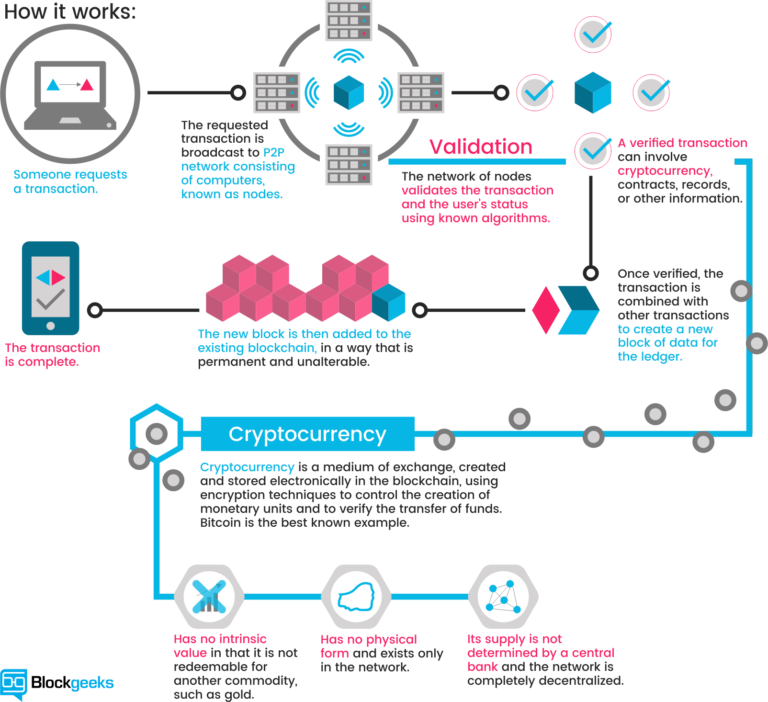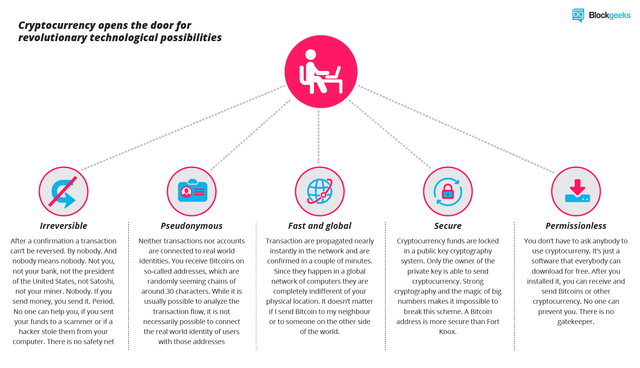
Few people know, but cryptocurrencies emerged as a side product of another invention. Satoshi Nakamoto, the unknown inventor of Bitcoin, the first and still most important cryptocurrency, never intended to invent a currency.
In his announcement of Bitcoin in late 2008, Satoshi said he developed “A Peer-to-Peer Electronic Cash System.“
His goal was to invent something; many people failed to create before digital cash.
**Announcing the first release of Bitcoin, a new electronic cash system that uses a peer-to-peer network to prevent double-spending. It’s completely decentralized with no server or central authority. – Satoshi Nakamoto, 09 January 2009, announcing Bitcoin on SourceForge.
After seeing all the centralized attempts fail, Satoshi tried to build a digital cash system without a central entity. Like a Peer-to-Peer network for file sharing.
This decision became the birth of cryptocurrency. They are the missing piece Satoshi found to realize digital cash. The reason why is a bit technical and complex, but if you get it, you‘ll know more about cryptocurrencies than most people do. So, let‘s try to make it as easy as possible:
To realize digital cash you need a payment network with accounts, balances, and transaction. That‘s easy to understand. One major problem every payment network has to solve is to prevent the so-called double spending: to prevent that one entity spends the same amount twice. Usually, this is done by a central server who keeps record about the balances.
What are cryptocurrencies really?
If you take away all the noise around cryptocurrencies and reduce it to a simple definition, you find it to be just limited entries in a database no one can change without fulfilling specific conditions. This may seem ordinary, but, believe it or not: this is exactly how you can define a currency.
What cryptocurrency really is...
Take the money on your bank account: What is it more than entries in a database that can only be changed under specific conditions? You can even take physical coins and notes: What are they else than limited entries in a public physical database that can only be changed if you match the condition than you physically own the coins and notes? Money is all about a verified entry in some kind of database of accounts, balances, and transactions.

Transactional properties:
1.) Irreversible: After confirmation, a transaction can‘t be reversed. By nobody. And nobody means nobody. Not you, not your bank, not the president of the United States, not Satoshi, not your miner. Nobody. If you send money, you send it. Period. No one can help you, if you sent your funds to a scammer or if a hacker stole them from your computer. There is no safety net.
2.) Pseudonymous: Neither transactions nor accounts are connected to real world identities. You receive Bitcoins on so-called addresses, which are randomly seeming chains of around 30 characters. While it is usually possible to analyze the transaction flow, it is not necessarily possible to connect the real world identity of users with those addresses.
3.) Fast and global: Transaction are propagated nearly instantly in the network and are confirmed in a couple of minutes. Since they happen in a global network of computers they are completely indifferent of your physical location. It doesn‘t matter if I send Bitcoin to my neighbour or to someone on the other side of the world.
4.) Secure: Cryptocurrency funds are locked in a public key cryptography system. Only the owner of the private key can send cryptocurrency. Strong cryptography and the magic of big numbers makes it impossible to break this scheme. A Bitcoin address is more secure than Fort Knox.
5.) Permissionless: You don‘t have to ask anybody to use cryptocurrency. It‘s just a software that everybody can download for free. After you installed it, you can receive and send Bitcoins or other cryptocurrencies. No one can prevent you. There is no gatekeeper.

STEEMIT using CRYPTOCURRENCY

The general concept is similar to other blogging websites or social news websites like Reddit, but the text content is saved in a blockchain. Using a blockchain enables rewarding comments and posts with secure tokens of value. Images can be uploaded and hosted on Steemit. Other multimedia content must be embedded from other web hosts. For formatting, there is a WYSIWYG editor. Users can also opt to use Markdown formatting with HTML elements.
User accounts can upvote posts and comments, and the authors who get upvoted can receive a monetary reward in a cryptocurrency token named STEEM and US dollar-pegged tokens called Steem Dollars. People are also rewarded for curating (discovering) popular content. Curating involves voting comments and post submissions. Vote strength and curation rewards are influenced by the amount of STEEM Power held by the voter.
Steemit has a reputation system, where new accounts start with a reputation of 25. An account's received votes can influence its reputation up and down, incentivizing online etiquette and interaction with the community.
This is a great guide for new users, this shows why Steem has such a good system and why it works.
Downvoting a post can decrease pending rewards and make it less visible. Common reasons:
Submit
Thank you for upvoting @gamefiles:)
Downvoting a post can decrease pending rewards and make it less visible. Common reasons:
Submit
I love your post, thanks for sharing! I gave you a vote. I hope you enjoy it.
Downvoting a post can decrease pending rewards and make it less visible. Common reasons:
Submit
Thank you @completelyanon :)
Downvoting a post can decrease pending rewards and make it less visible. Common reasons:
Submit
Hi @haris-shamsi,
I'm prabha and here i am giving you easy way to claim free 50 WCX Coins.
WCEX is a brand new digital currency exchange and they are going to launch soon. As part of launch they are offering free 50 WCX coins. Use below link to create your account and claim free coins(you need to click on confirmation email).
https://wcex.co/?ref=UMYEWYZ&lang=en
Downvoting a post can decrease pending rewards and make it less visible. Common reasons:
Submit
Hi! I am a robot. I just upvoted you! I found similar content that readers might be interested in:
https://blockgeeks.com/guides/what-is-cryptocurrency/
Downvoting a post can decrease pending rewards and make it less visible. Common reasons:
Submit